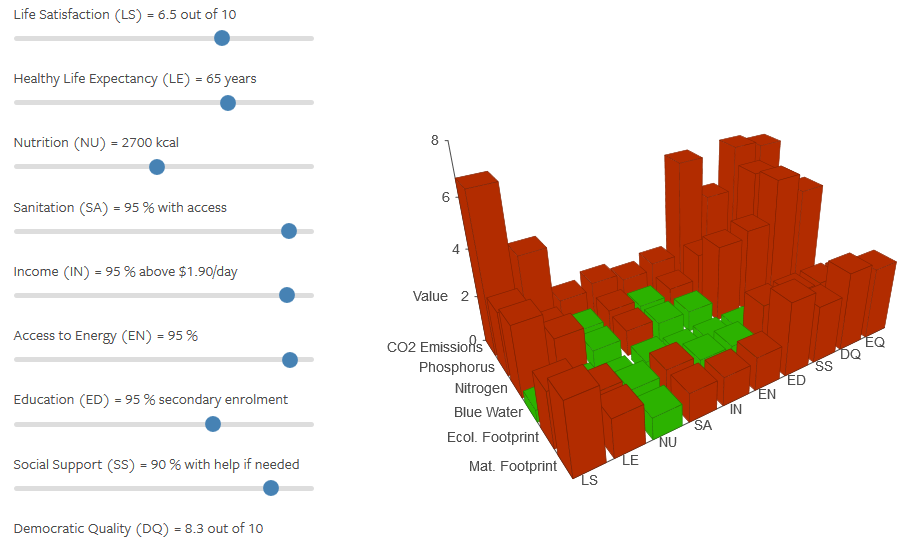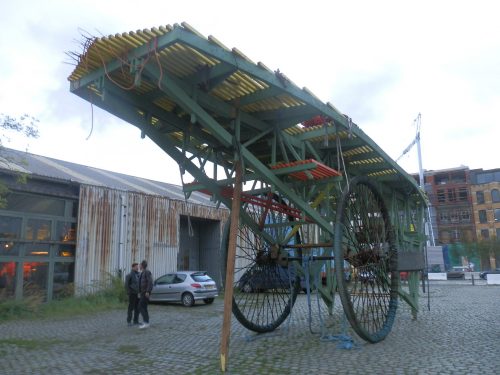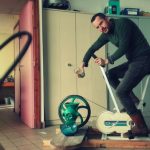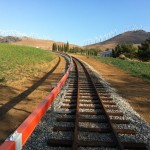 The Breathing Mobile Washer was designed so that manually plunging, the washer forces water through clothing. Compared to friction washing with hands, washboards and rocks, the mobile washer is easier to use, much less abrasive, reduces wear on clothes, and provides a superior clean. Review.
The Breathing Mobile Washer was designed so that manually plunging, the washer forces water through clothing. Compared to friction washing with hands, washboards and rocks, the mobile washer is easier to use, much less abrasive, reduces wear on clothes, and provides a superior clean. Review.









